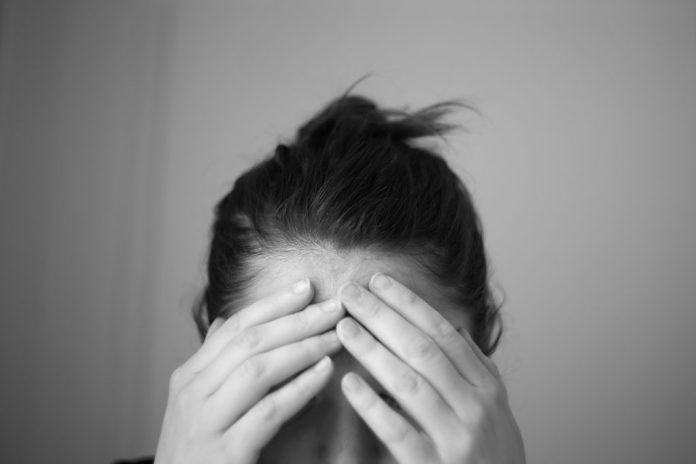Image Credit to https://ling-app.com/
If you’ve ever heard the term Post Traumatic Stress Disorder, or PTSD, you probably know all too well the limitations that can accompany this condition. And believe it or not, PTSD can affect you even years after a traumatic situation has occurred.
During the first World War, the term “shellshock” was attributed to the frequent blasts and gunfire associated with military combat. Soldiers on the battlefield often were diagnosed with shellshock and suffered for years after. And this is now referred to as PTSD.
PTSD isn’t just a term reserved for military personnel. As mentioned, any traumatic event can cause PTSD. And it may not even manifest until years after the event has occurred.
But what exactly is PTSD and what can you do about it to help cope? In the following, we’ll explore the root causes of PTSD and some solutions you might consider.
What Causes PTSD?
The intricacies of what causes PTSD in humans encompass an array of interrelated factors. And as each human being is unique from the other, what may cause one person to develop PTSD may not in another. This is what makes pinpointing the cause of PTSD difficult for clinical psychologists to uncover.
For example, people looking for help with PTSD often try to reflect on what exact event triggered the initial traumatic stress to occur. And in many cases, the root cause of PTSD may be buried deep within the subconscious mind as a protective measure.
Some of the more common causes of PTSD are usually stressful experiences where a person becomes fearful of their life. And these scenarios can range from being attacked, raped, seriously injured in an automobile accident, and many other factors that have significantly impacted the mind’s ability to cope with stress.
Dealing with PTSD
When dealing with PTSD, there are a variety of ways that you can move your recovery along. And sometimes you may actually benefit from the help of an attorney.
Lawsuits dealing with PTSD are common among cases where an individual can prove that their traumatic stress was caused by another person. And as this is treated as a personal injury claim, attorneys well-versed in PTSD cases are often a great solution for seeking immediate compensation.
Going forward, symptoms of PTSD can be alleviated by a variety of activities. And most of these activities involve doing something constructive or engaging that can help take your mind off of the stress. A few ideas for coping with PTSD are as follows:
- Light outdoor recreation
- Practicing meditation
- Engage in spiritual practices
- Talk to others with PTSD
- Avoid alcohol and drugs
- Exercise
- Educate yourself on PTSD management
- Crafting hobbies
Dealing with PTSD can take a while. But any positive effort that you perform in the face of your ailments will only make your ability to deal with PTSD much easier.
Seek Professional Counseling
Sometimes, PTSD can be so severe that it can drastically affect every facet of your life. And if this is occurring, you may want to seek professional counseling.
For example, some sufferers of PTSD report not being able to sleep, an overwhelming fear of driving, not being able to concentrate on menial tasks, and a host of other symptoms which prevent living life to the fullest. And when this creates a problem living daily life, professional help may provide a solution.
Professional counselors may recommend specific techniques to help mitigate the symptoms of PTSD. Or they may prescribe medications to help one cope with the onset of PTSD symptoms. As each individual case is unique, talking to a professional may be of great help.
If you suffer from PTSD, know that there are support groups available. And you’re not alone in the battle. By seeking out help and actively involving yourself in your own care, you’ll eventually be able to beat your symptoms and return to living life to the fullest.























